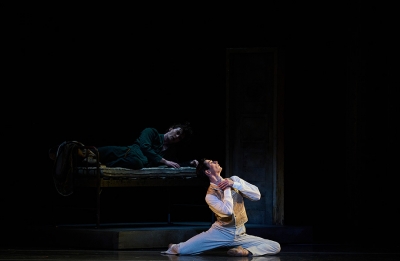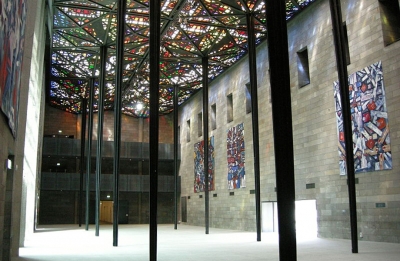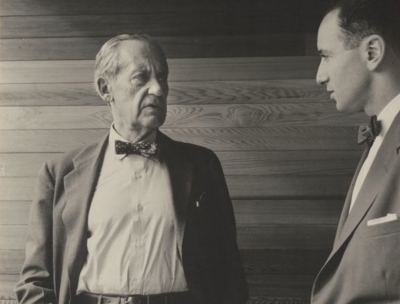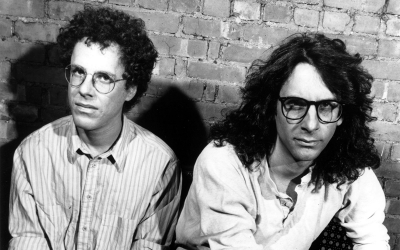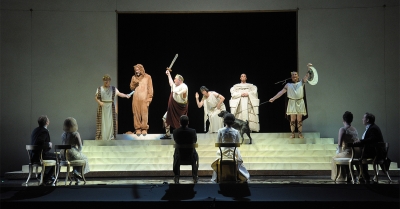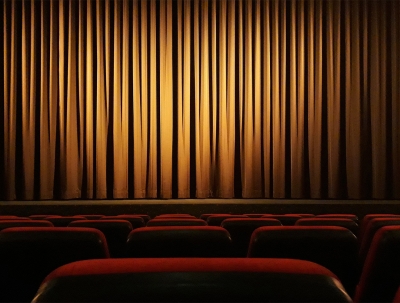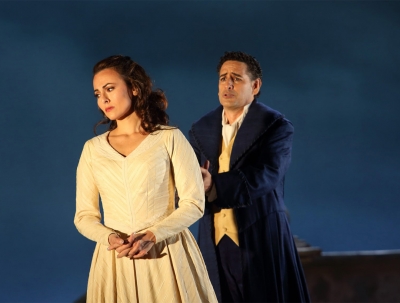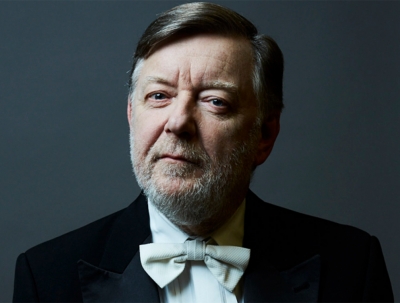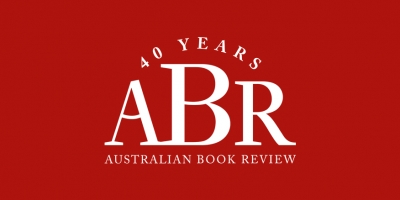Commentary
Recently, it was disclosed that the National Gallery of Victoria now pays the salaries of ten per cent of its permanent staff from donations. The Art Gallery of New South Wales’s Sydney Modern Project currently derives around a third of its budget from private donors.
... (read more)After its recent political and financial traumas, your correspondent arrived in London expecting to find a sombre, subdued city. Far from it. The Christmas lights were blazing in the West End, and on the weekends it was almost impossible to move while battling the hordes. But it was noticeable that few people were actually carrying shopping bags, and though the stores were crammed, the actual lines at the counters were remarkably short. The high-end restaurants were packed with pre-Christmas parties; after all, in London the rich you will always have with you. It may be my imagination, but the gaiety seemed slightly hysterical, as though this were a version of the duchess of Richmond’s ball – a last frolic before the onslaught.
... (read more)They have always been inseparable in the public imagination, the Coen brothers, a zygotic artistic collaboration with an almost primal indivisibility. While for years Joel was credited as director and Ethan as producer, this was due entirely to a quirk in the Directors Guild of America that disallowed duel directorial credits, unless members were an ‘established duo’. This became official in 2004: they are now the established duo of commercial film – one would have to go back to Powell and Pressburger to find a cinematic partnership of such richness and breadth. With the release of Joel’s The Tragedy of Macbeth, the first film directed solely by one brother, it seems a good time to drill down into the brothers’ quintessence: what is a Coen brothers’ film, and what could or should we expect from a Coen brothers film? Is the zygote finally subdividing?
... (read more)January 5
We have lost our Hermia, so Sally-Anne Russell comes round to sing for me. She has fished out Benjamin Britten’s Charm of Lullabies and her score of The Rape of Lucretia. We work on both, but particularly on the aria in which poor Lucretia threads together gorgeous lilies into a funeral wreath, her response to what the boastful, ghastly Tarquinius has done to her. Sally-Anne has not sung the opera for twenty-five years, but it sounds as though she’s fresh from recording it, so inside the role is she, so beautiful and rich her voice. I phone Neil Armfield. We have found our Hermia.
... (read more)As Victoria emerges from its long lockdown, cinemas, among the last businesses to reopen under the roadmap to recovery, are finally open to the public again. But how will they operate in a Covid-normal world? Have we learnt to live without them?
... (read more)The name William Alwyn (1905–85) conjures up memories of that golden age of British cinema in the late 1940s and 1950s. He produced more than seventy film scores and dozens of works for orchestra and piano, as well as a healthy output of chamber music. In later years he produced a couple of operas, only one of which attracted attention.
... (read more)The trouble with musical longevity as it affects conductors, especially ones we see often, is they are always the age we expect them to be as against the age they once were. From the vantage point of the present, therefore, it is tempting to regard Sir Andrew Davis as having always been the person he is now; a sort of reverse-Peter Pan whose youth we are incapable of imagining.
... (read more)

